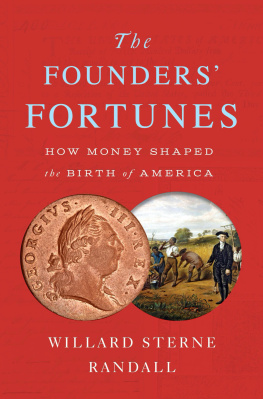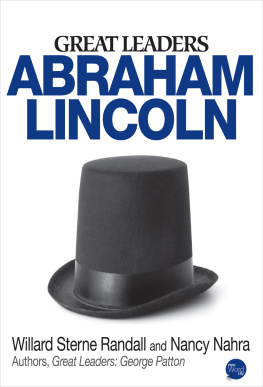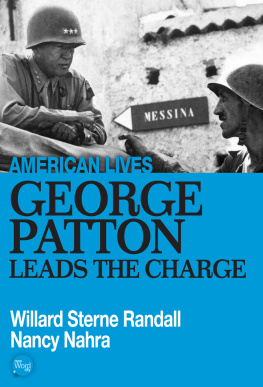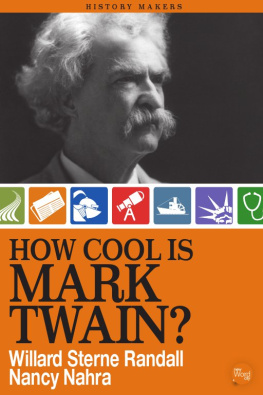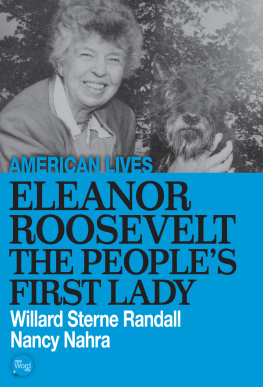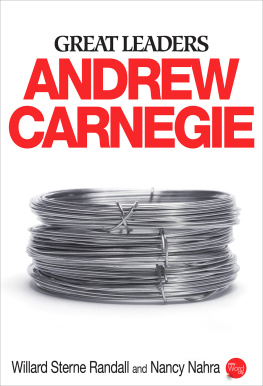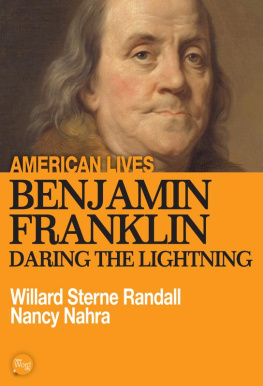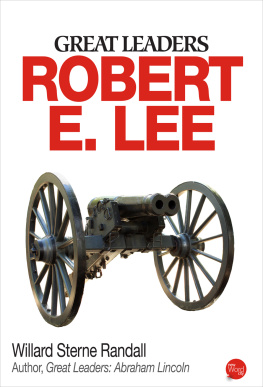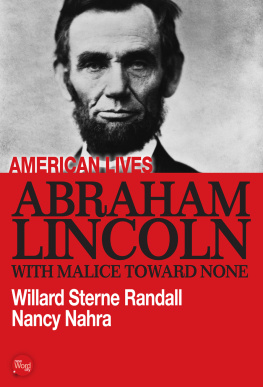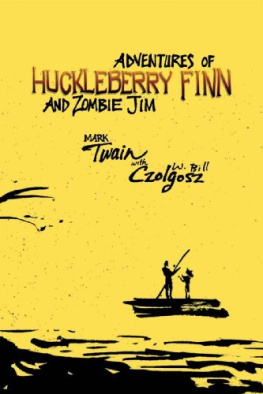To repair the devastation of the South following the Civil War required both courage and capital, while in the North the loss of life and limb made it difficult for Union families to exult in victory. Not until 1877, 12 years after the war ended, did General Ulysses S. Grant meet cheering veterans for a triumphant entrance to Chicago (some compared him to Napoleon) and then on to a succession of other Northern cities. In this time of remembered suffering on both sides, an unusual literary talent, an American original, was able to look beyond the nearly fatal split of North and South. Samuel Langhorne Clemens, better known as Mark Twain, recognized that the two emerging cultures in the United States were actually East and West. His experience, especially in the varied jobs he had held as a young man, enabled him to understand that, in many ways, the relation of East to West corresponded to an older difference known to many Americans, that of the Old World from the New.
Born on November 30, 1835, in Florida, Missouri, Samuel Clemens came into the world the same month that Halleys Comet streaked across the sky.
When Clemens was four, he moved with his family to Hannibal, Missouri. Eight years later, his father, John Marshall Clemens, died, creating hardship for his wife and children and turning young Sams formal schooling into a sometime thing. Although his father, a lawyer, came from a well-regarded family and distinguished himself in community service, he never succeeded as a businessman or a speculator.
After setting up and running his own store, he was full of plans and hope for the future of his town. John Clemens could claim credit for establishing the library in Hannibal. Then, when he became judge for Monroe County, the town seemed on the brink of some exciting changes. Sams father headed more than one committee for big, ambitious local projects. Inspired by his enthusiasm, the committees he led aimed high. One such endeavor involved altering the flow of the nearby Salt River to help navigation. Another was to develop railroads locally. But his grand ideas came to nothing.
In the end, he left his family with little of value. The 70,000 acres in Fentress County, Tennessee, that he bequeathed them turned into more of a burden than an asset, when dreams of discovering a fortune in minerals failed to pan out. As a result, the family lacked ready money and the Clemens boys had to take what jobs they could to help out.
Attempting to keep up with his schooling as much as his part-time jobs allowed, Sam somehow found time to read books for pleasure. His favorites included stories of knights and medieval adventures, the kind Sir Walter Scott was then making popular. Young Clemens, however, broadened his idea of heroes, going beyond the upholders of monarchy to devour books about pirates, too.
The same year that Sam lost his father he acquired a legacy of odd experiences that settled deep in his imagination, only to surface as he aged and staying with him well into manhood. At least one such adventure greatly resembled the romantic stories he liked to read.
Sams father had died in March, the cruel time of year when pneumonia often claimed victims who had survived winter. The Clemens family kept going, thanks to the efforts of all its members. Orion, the oldest son (the family pronounced his name with the accent on the first syllable), worked in St. Louis, while his widowed mother took in paying mealtime guests and Sam took any odd job local business owners gave him, whether it was the grocer, the blacksmith, or the bookstore owner.
Late in that summer of 1847, while Sam was swimming with other boys in the Mississippi, he watched as a boy he knew drowned. Just days later, while fishing with friends, the boys made a gruesome discovery - the corpse of an escaped slave. Horrified, they learned that the older brother of Tom Blankenship, a friend of Clemens, was not so surprised as the others. The brother had known where the fleeing slave was hiding and had been bringing food to the runaway.
Nearly 30 years later in 1876, when Mark Twain started to work on Huckleberry Finn, that haunting memory surfaced. Readers of that book would meet Jim, the escaped slave, but not until 1884 when Twain started to publish excerpts of the book in Century Magazine.
As a boy without a father in 1847, the only work Sam could find was the kind that he didnt consider worthwhile, because it didnt seem to be enriching him. Yet he was acquiring invaluable experience that would later enrich his own writing, and as it turned out, the work of American writers who came after him. Ernest Hemingway spoke for most American writers coming after Twain when he said, All modern American literature comes from one book by Mark Twain called Huckleberry Finn.
As part of a fatherless family, Clemens was learning how it felt to be an outsider - not like boys in other families. And long before he ever left home, he had become adept at spotting outsiders, a position on the edge of things that was beginning to feel familiar. Not quite fitting in with other boys in town or with other groups either, Clemens was learning to enjoy watching the people who did fit. The young, alert, and hurting outsider would keep at it, refining his way of watching and his knack for thinking about what he saw in a way that no insider could.
Not by intention, Clemens repeatedly found work that put him in close proximity to writing in various forms. Working first as a printer on a newspaper in Hannibal, where his brother was editor, he learned about setting type. In almost no time, he also learned that he needed more work than what his brother Orion could offer. Clemens expected his brother to pay him, as promised, but he never did see the weekly $3.50 he was counting on. Instead, his observations and encounters - the only pay he got from his brother - turned out to be worth far more.
Being so near to a printing shop, young Clemens was tempted to try his hand writing short pieces to be published. When he was 17, he wrote sketches for the local paper, the Hannibal Journal (Charles Dickens had already been writing his Sketches by Boz for a newspaper in London). Those early efforts gave Clemens confidence enough to send his work out of town to larger papers. He savored the pride of seeing his name in print, but that mild, somewhat private pleasure dimmed alongside the dazzling thrills he was soon to share with the whole town.
The arrival of steamboats along the Mississippi brought excitement and transitory glamour to otherwise sleepy towns like Hannibal. Bigger than any building in town, a steamboat, with its bright lights and large crew, exposed the townspeople to a different kind of life, a somewhere-else that had little to do with drowsing Hannibal, as Twain would later call it. The transient heroes of these events were the pilots, the highly respected and highly paid wonders of courage and masters of technology who drove the boats. As a child, Sam Clemens most heartfelt desire was to be part of the flamboyant, white-suited aristocracy of the river.
At the age of 21, he signed on as a cub, or apprentice, for the well-known river pilot Horace Bixby, whom he would later immortalize in his books. At first, Bixby was not impressed. The idea of you being a pilot you! he stormed. Why, you dont know enough to pilot a cow down a lane. He told Clemens to buy a notebook and write down whatever he was told. Theres only one way to be a pilot, Bixby said, and that is to get this entire river by heart. You have to know it just like A B C.
For the next two years, Clemens studied every twist and turn in the Mississippi from St. Louis to New Orleans. He also absorbed the lingo of the men who worked the river and riverboats. From them he first heard the expression Mark Twain, but not until 1863 did he adopt the term as his pseudonym.
Next page




